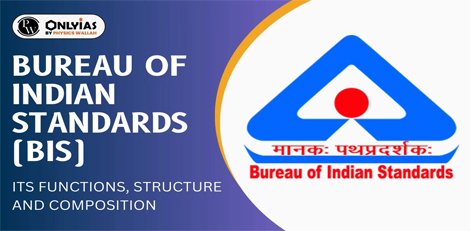No. of views : (6054)
Is it really worthwhile and profitable to buy house on auction?
Posted on: 05/Jul/2017 11:10:25 AM

The banks do offer a variety of loans for various purposes. One of them is mortgage loans given on pledging a property (plot or house).
It may not be possible to pay the EMI for these loans on a regular basis. In the case of payment default, the banks will confiscate the property mortgaged.
After taking all the necessary legal actions, the property will be put up for sale on auction.
The banks will take the due balance amount on the mortgage loan after the selling of the property.
Apart from this, even in cases of the payment default on housing loan EMIs, the banks will confiscate the property after the loan period, This is the general practice.
Generally, even in the case of failure to pay the EMIs on regular basis, the banks do not confiscate immediately. They will give a reasonable time duration for the customer to pay the dues. Only if the customer fails to pay even after this duration, it will confiscate the property under unpaid debt.
Procedure for confiscation:
The banks will first give the legal advice. The defaulter will be given another 60 days to pay the dues. If this is not met, the banks will be taken a symbolic possession of the property. Then the ban will confiscate the property after a month. There are 2 procedures.
Some banks sell the property immediately after the symbolic possession. In other words, they do not take the possession of the property as per the legal procedure.
For example, if the property is under lease, the banks have to make the lessee vacate the property and then hand over the property to the auction buyer. Some banks do not do this. However, most banks follow the legal procedure.
After confiscating the property, the banks will invite for auction through advertisements in newspapers. An advance has to be paid to participate in the auction.
Anyone can participate in the auction. Earlier the auction was direct. This gave scope for the auctioneers to take advantage of the auction situation. In other words, if a specific individual is keen on buying through the auction, the auctioneer can persuade or force the other auction participants to withdraw.
However, this would harm the banks interest. So, presently, e-auction is introduced and is in action. The banks have set up separate websites for e-auction. The participants can bid through this website.
The auction participants need not visit the bank. They can participate in the auction from wherever they are.
In e-auction, there is no scope for any maloperations. The auction winner has to pay the amount within the stipulated date. In the case of failure, the property will be put up for auction again.
The banks would have released the loans for the property under auction. So, the bank would have conducted a thorough inquiry about the property details and also obtained the legal consultation.
In case there are any disputes on the property, the legal clearance may be delayed. All important associated documents like Encumbrance Certificate would have been obtained. Please note that the buyer will need to go for all these documents in the case of buying a new property instead of auctioned property.
In the case of an auction, the banks would have already thoroughly completed all the formalities and compiling required documents. This means a substantial saving by way of travel, time, expense and the office procedures.
Another aspect is that the banks may not be interested in selling at high profits. So, the price offered is reasonable.
It can easily be observed that the value of the property under auction will be considerably less that market prevalent prices. A purchase of property at auction is a transparent transaction.







